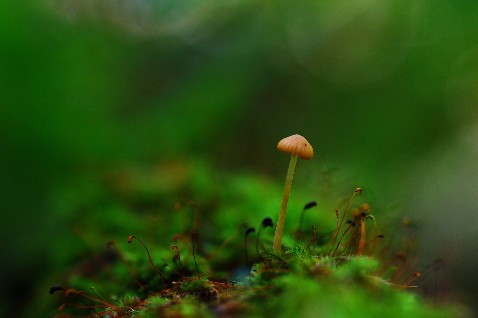hard hearted
/I am grown hard hearted you might say.
Grief - which might have softened me and uncovered my humanity - turned my core to stone, you might say.
If you did not know.
Sometimes I do not know.
I think of him, wait for grief to rise up and bubble to the surface, tears to come, grief to reassemble, manifest in the centre of my soul - but nothing comes. I wait to be strangled by the loss of him, for my arms to lift themselves up, shocked and empty from the lack of the weight of him. Nothing comes.
I try to write, show the world that still I miss him, that my whole self is changed and nothing will ever be the same without him but the words seem bland and empty now.
I miss that pain. I hanker for it. I ache, in a way I never thought I would for a bottle of grief to take out and tip up on my sleeve to sniff the scent of loss and feel it fill my nostrils, freeze my brain. I want to huddle, struck to stone by the loss of him, the utter total disappearance of my boy. I want to stare at photos and feel tears stream down my face, flicking away from them as child or husband strays to my side. I want to remember when there was no way to make it through a day without saying his name. I want to be back in the supermarket, telling a horror struck assistant over frozen peas that my baby died and so I can't cook a proper meal just now. I want to be folding baby clothes and finding places to hide them, cramming crates into a cupboard and forcing coats and blankets over them, tears of rage and hollow pain pouring down my face. I want to be in sunlight, the world dark around me, furious the world is spinning, wind is blowing, sea crashes and days continue. I want to hear his loss in every song on the radio, pick up every book to read and find a Freddie in the pages. I want to flinch away from baby aisle and pushchair, avert my eyes from bump and newborn, shut the computer in despair as another pregnancy is announced, another baby born.
But time has moved on. The days that sparkled with over bright reality, harsh and glaring and scraping the surface of my skin till I was raw and broken are gone. I felt everything then - and I hated it. Longed for it to end.
My life has grown to hold this pain, pushed it small, forced the grief and disbelief to a tiny molten core inside me, encased and covered by a crust I cooled and grew to cover it.
I can ignore the core. I exist around it, function, smile, talk of my children and skip a beat as I describe them, choose to keep him private. I have learned to slide my tectonic plates over the places where the fault lines are, pushing the broken, ragged places beneath a smoother surface. What was once a brutal landscape has softened, moulded, eroded away, grassed over, become old and gentle.
And if you saw me, you might think me heart hearted.
You might think I do not care. You might think I learned to live without him. You might think I had recovered.
***
I watched one night a story of savannah; the dusty landscape, parched and bare and half dead itself with bare branched trees, empty river, devoid of food or greenery. The smallest elephant in the pack gave up, lay down, stayed down. His bewildered mother, on her knees, tugging at him, lifting at him, trying to pull him back to life and her desperate moan, her grief, her utter helpless disbelief to lose him broke through all the defences I had built.
It was her moan that broke me. It could hardly have been more human. I do not think there could have been an ounce more pain contained in it, not if she had had words to say to us.
I cried for her. Gasping, wrenching, sobbing tears.
That's how recovered I am.
In the early days I had a million triggers; it seemed as if the world was determined to bring me down at every turn. The triggers are more subtle now and often unexpected and in a strange way I welcome them at times. What triggers your grief? Do you have ways to manage them, have you learned to accommodate them in your life or have you had to change to avoid them? Do you, like me, ever welcome them?


